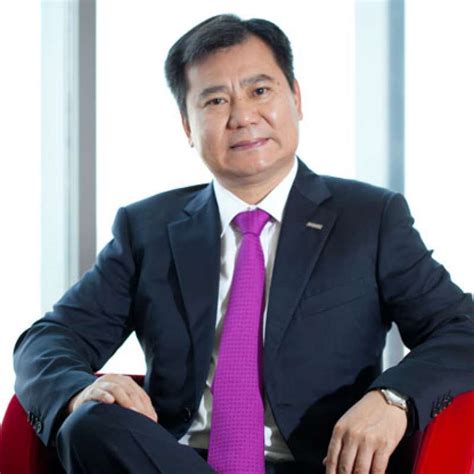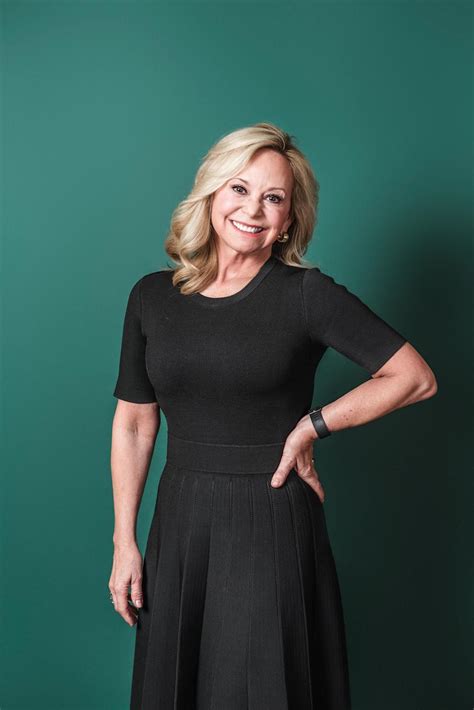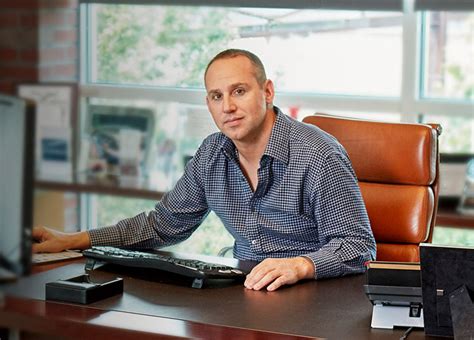Top 32 Alibaba Quotes & Sayings
Explore popular Alibaba quotes.
Last updated on April 15, 2025.
I call Alibaba '1,001 mistakes.' We expanded too fast, and then in the dot-com bubble, we had to have layoffs. By 2002, we had only enough cash to survive for 18 months. We had a lot of free members using our site, and we didn't know how we'd make money. So we developed a product for China exporters to meet U.S. buyers online. This model saved us.
In the beginning I just wanted to survive. For the first three years, we made zero revenue. I remember many times when I was trying to pay up, the restaurant owner would say, 'Your bill was paid.' And there would be a note saying, 'Mr. Ma, I'm your customer on the Alibaba platform. I made a lot of money, and I know you don't, so I paid the bill.'
I think China thinks information technology is less important than we think it is in the US, economically, and more important politically. And so Chinese internet companies are extremely political, they're protected behind the great firewall of China, and investment in Alibaba is good as long as Jack Ma stays in the good graces of the Chinese communist party. Alibaba is largely copying various business models from the US; they have combined some things in interesting new ways, but I think it's fundamentally a business that works because of the political protection you get in China.










